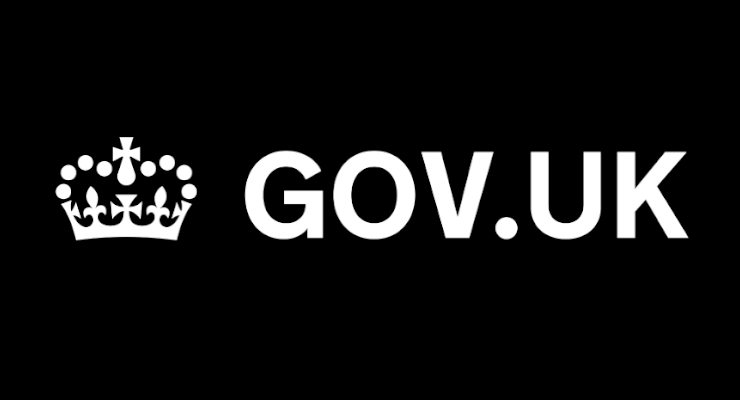Which Government-Backed Housing Scheme Is Right for You?
Everyone has had enough of the ‘housing crisis’ – including the government. To rejuvenate the economy, Chancellor Rishi Sunak put funding into several housing schemes.
Part of the government’s plan to ease the housing crisis involves increasing the amount of stock on the housing market. New developments are going up all over the country – you’ve probably seen some in your own area. From fresh residential estates to entire new villages and towns, new builds are rising fast.
However, it’s not enough just to build new homes. People need help to buy them. So, the government put forward several schemes to help renters get on the housing ladder.
Many of these schemes are centred around new builds, but some (like the 95% mortgage scheme) can be used on any property.
If you dream of owning your own home but need a leg-up to reach the property ladder, one of these schemes could be just what you need. Read on, to find the scheme that’s right for you:
The Help-To-Buy equity loan
The government’s ‘Help-to-Buy’ scheme has been running for some years now. However, it’s been given a revamp for the post-Covid economy.
Essentially, ‘help-to-buy’ provides a government-backed loan to put towards the cost of a new-build home. This will result in a smaller, easier-to-manage mortgage.
The amount you can borrow varies from region to region. In most parts of England, you can borrow from 5-20% of the purchase price, rising to 40% in London. However, it’s worth noting that mortgage lenders typically factor 3% of the equity loan into their calculations when working out how much you can afford.
Loans are interest-free for the first five years, and payments are usually pretty affordable. The loan must be settled when the mortgage is fully paid and/or the home is sold.
If you’re a first-time buyer with an interest in a newly built property, it’s definitely worth checking this scheme out. Town & Country Mortgage Services explain the process for buying a new build property as: “When you’ve found the property you want to buy, you can make an offer and, if your offer is accepted, you will need to pay a non-refundable fee to reserve your home. After your offer is accepted and you’ve paid the reservation fee, it’s time to start legal proceedings with your solicitor and mortgage broker”.
The 95% mortgage
Saving up a deposit is one of the major things holding back renters from buying. High rents and enormous deposits are a problem for millions of potential homeowners.
However, if the government’s latest plan to “turn Generation Rent into Generation Buy” succeeds, this problem could become a thing of the past. Sunak’s 95% scheme offers government-backed mortgages for buyers with a mere 5% deposit.
Sunak announced that Lloyds, NatWest, Santander, Barclays, and HSBC were offering 95% loans from April 2021. It’s worth looking at how these deals have panned out over the past few months before rushing to the bank – but, in theory, if the deposit is the only thing holding you back, the 95% mortgage could make your dreams of homeownership come true.
The Share-To-Buy scheme
Share-to-buy, also known as rent-to-buy or shared-ownership, is pretty much what it sounds like: you buy a ‘share’ in a property and pay rent on the portion you don’t own.
In theory, share-to-buy gives you a degree of security and agency over your home, without the need to fork out for a full mortgage. It’s especially handy for military personnel (who get priority for the scheme), and those with pets who may find it hard to get a rental property.
However, it’s not without issues. The combined costs of rent and a mortgage can be prohibitive. What’s more, some shared owners have run into conflict over maintenance and service charges. It’s worth making sure that landlord and tenant-owner responsibilities are carefully worked out in the initial contract, or it’s easy to get hit with costs you weren’t expecting.
Shared ownership also adds complications when it comes to selling the property. An extra factor in the chain never makes things easier!
And, unless you’re going to come into a lot of money in the near future, it’s proven very hard for people to progress from shared ownership to full ownership.
So, while shared ownership certainly provides extra security and gives you much more agency over your home, it’s worth adding things up very carefully before you dive in.
Final thoughts
Buying your first home is a big step, no matter what position you’re in. It’s worth exploring all your options thoroughly.
As well as the government-backed schemes we’ve mentioned here, there may be ways that your bank and/or lender can help you out. Ask them if they have any schemes for first-time buyers.
As always, things like building your credit score, registering to vote, closing inactive accounts, and keeping up with bill payments will improve your chances of being approved for a mortgage.
If you’re doing everything right, but just need a bit of extra help, one of these government schemes could be perfect for you.









